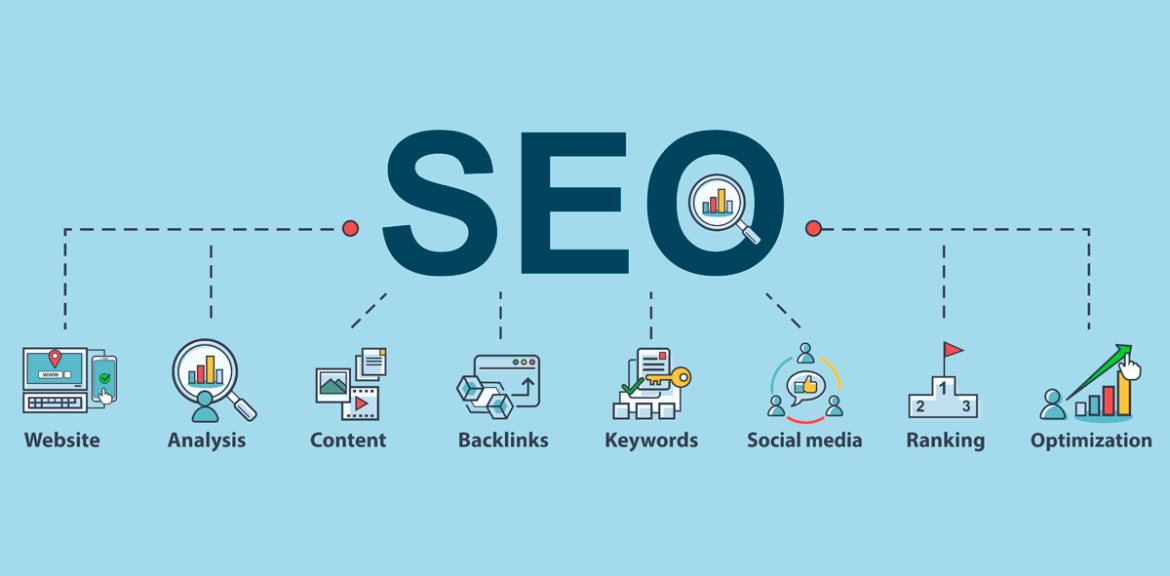SEO digital marketing means Search Engine Optimization and is the process used to optimize a website’s technical configuration, content relevance and link popularity so its pages can become easily findable, more relevant and popular towards user search queries, and as a consequence, search engines rank them better.
Search engines recommend SEO efforts that benefit both the user search experience and page’s ranking, by featuring content that fulfills user search needs. This includes the use of relevant keywords in titles, meta descriptions, and headlines (H1), featuring descriptive URLs with keywords rather than strings of numbers, and schema markup to specify the page’s content meaning, among other SEO marketing best practices.
You’ve got this! We’ve got your back.
Marketing jargon can be confusing. Mailchimp isn’t. Simplify the way you promote and grow your business.
 Search engines help people find what they’re looking for online. Whether researching a product, looking for a restaurant, or booking a vacation, search engines are a common starting point when you need information. For business owners, they offer a valuable opportunity to direct relevant traffic to your website.
Search engines help people find what they’re looking for online. Whether researching a product, looking for a restaurant, or booking a vacation, search engines are a common starting point when you need information. For business owners, they offer a valuable opportunity to direct relevant traffic to your website.
Search engine optimization (SEO) is the practice of orienting your website to rank higher on a search engine results page (SERP) so that you receive more traffic. The aim is typically to rank on the first page of Google results for search terms that mean the most to your target audience. So, SEO is as much about understanding the wants and needs of your audience as it is about the technical nature of how to configure your website.
Search engines provide results for any search query a user enters. To do so, they survey and “understand” the vast network of websites that make up the web. They run a sophisticated algorithm that determines what results to display for each search query.
Why SEO focuses on Google
To many people, the term “search engine” is synonymous with Google, which has about 83% of the global search engine market. Because Google is the dominant search engine, SEO typically revolves around what works best for Google. It’s useful to have a clear understanding of how Google works and why.
What Google wants
Google is designed to deliver the best search experience to its users, or searchers. That means providing the most relevant results, as quickly as possible.
The 2 core elements of the search experience are the search term (the user input) and the search results (the output).
Google profits from people trusting and valuing its search service. It achieves this by delivering useful search results.
Google also provides businesses with the opportunity to pay for an advertorial placement at the top of search result pages. The word “Ad” indicates these listings. Google makes money when searchers click on these pay-per-click (PPC) advertisements, which you purchase through Google Ads. You’ll see these ads on more generic queries in particular.
Other than the small label, these search results look almost indistinguishable from other search results. Of course, this is intentional, as lots of users click on these results without realizing that they’re ads.
This is what Google counts on. Advertising revenues accounted for more than 80% of the $279.8 billion that Google generated in 2022. So while search functions remain its core product, it depends on its advertising business.
